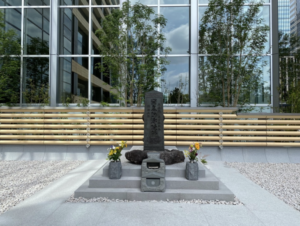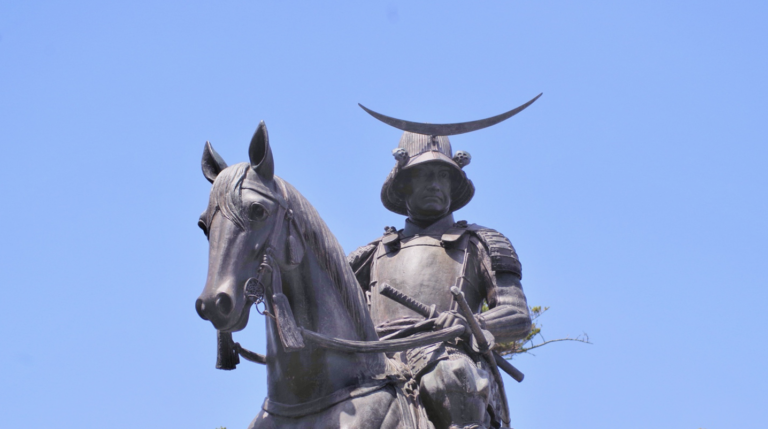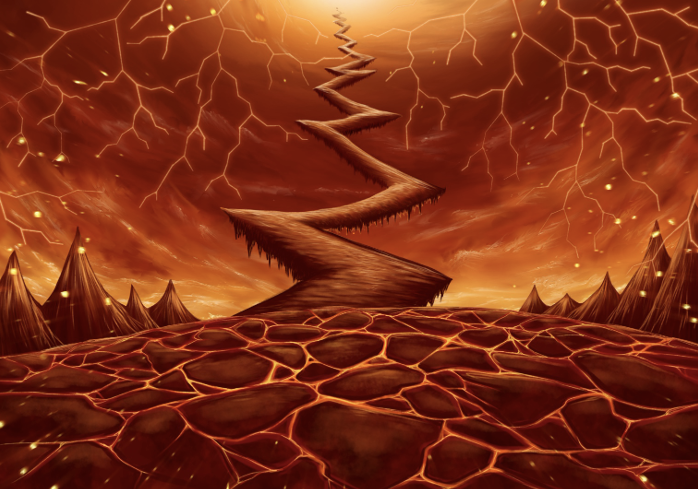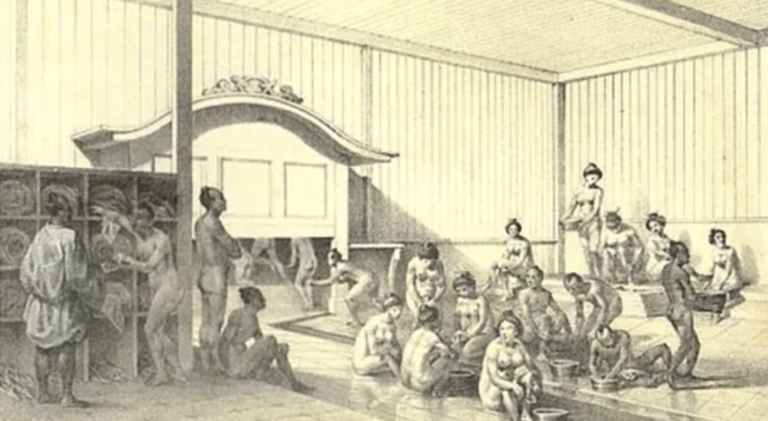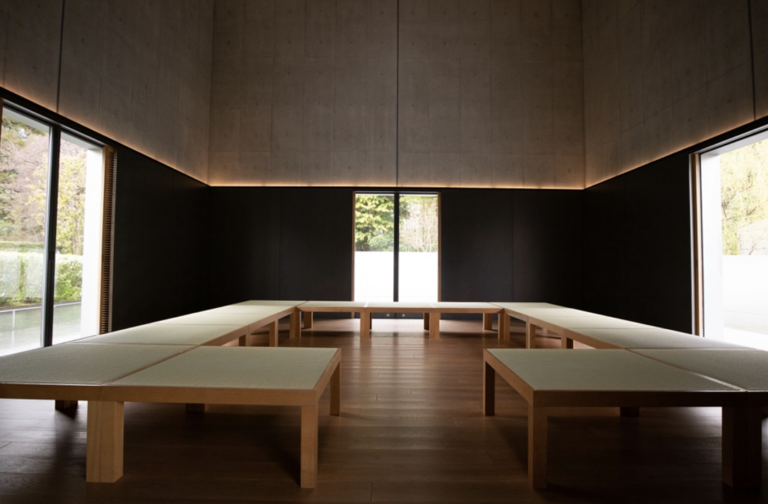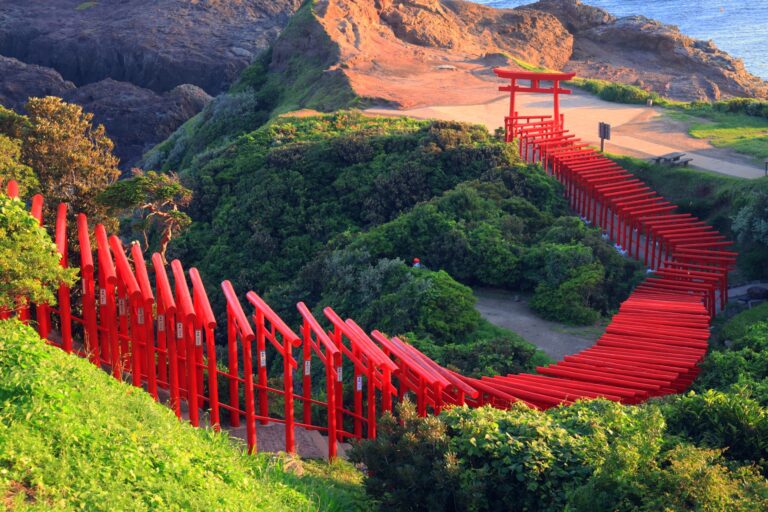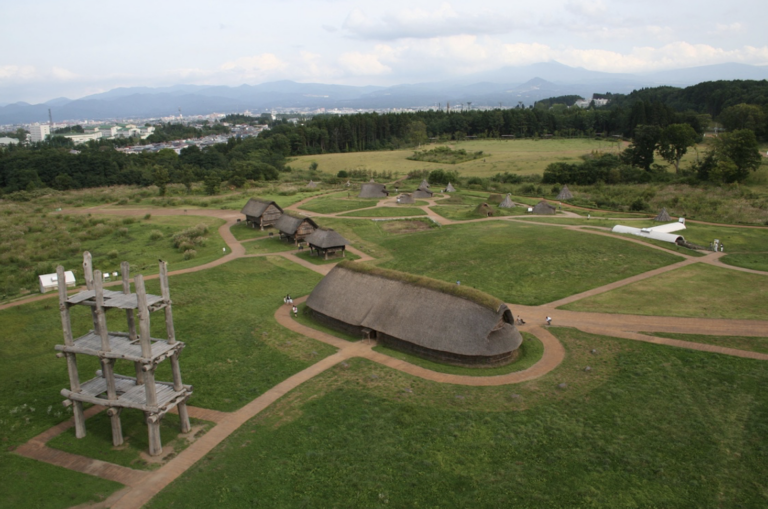The Japanese view of religion as seen through the Tokyo curse
The anime “Jujutsu Kaisen” is very popular worldwide, but do you think there is such a thing as a curse? Today, those who believe in curses are in the minority, but there are places in Tokyo that can only be considered cursed.
Today, I would like to introduce you to Masakado-zuka, a curse of Tokyo that can never be removed.
Where is it?
Masakado-zuka (a gravestone) is located just outside Exit C5 of Otemachi Subway Station. Surprisingly, one of the biggest curses in history is so easily accessible.
Japanese religious beliefs are a bit peculiar, and since curses and gods are mixed up, the Masakado-zuka is both a curse and a deity at the same time.
Why did he become a vengeful spirit?
Our story begins in the Heian period, in around the 9th century. Although the capital was located in Kyoto, local government administration was entrusted to designated reliable officials called kokushi (provincial governors) in each region. However, many local administrations made many wrongdoings, including embezzlement, and were acting irresponsibly.
However, there was a samurai who would put things right. The grandfather of the protagonist of this article was Taira no Masakado, the provincial governor in the Kanto area. It was here that the conflict between the provincial governor’s side and the samurai side began.
In the middle of this mess, Taira no Masakado seized power and attacked the surrounding areas, gradually expanding his influence and quickly gaining control over the entire Kanto region. He called himself “Shin-nou”, meaning “new emperor,” and entered into a full-scale confrontation with the emperor and nobles of Kyoto. He ended up losing the battle and his head was cut off and put on display on a riverbank in Kyoto.
Masakado died with a strong desire to fight again and with only his head remaining, he shouted,
“Fight once more!”
Then his head flew through the air and returned to the Kanto region. The place where it landed is now where his grave stands: Masakado-zuka. It is nothing but a horror story now.
A succession of fatalities
In 1923, a major earthquake hit Tokyo, causing the Masakado-zuka grave to collapse, so it was demolished. The Ministry of Finance built a temporary government building there. Then the Minister of Finance died of illness at the age of 57. Fourteen people, mostly at the executive level, died one after another within two years. Multiple accidents occured in which many of the political vice-ministers and administrative vice-ministers suffer leg injuries.
Furthermore, lightning strikes this government office building, and it burns down. It is quickly removed and a ritual is held to appease the anger of Masakado, bringing the situation under control.
The U.S. military also suffers damage
After the war, the GHQ (The Supreme Commander for the Allied Powers), which ruled Japan, confiscated this land and cleared it with bulldozers. During the work, a bulldozer toppled over, and the Japanese driver was killed. How could such a heavy bulldozer turn over on level ground? It seems impossible.
Promoted to Tokyo’s guardian deity
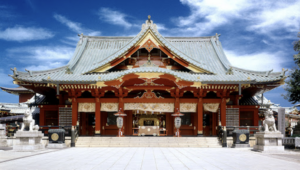
Masakado-zuka is a grave for his head, called a “kubizuka” (head grave). Since this was not enough to stop the curse of Masakado, it was decided to enshrine him as a god. This led to the creation of Kanda Shrine, located near present-day Kanda and Akihabara, to worship Masakado.
Since then, the shrine became a place where the samurai who ruled the area prayed for victory and now Masakado is the “god of victory”. It is still loved today as an important deity that protects Tokyo.
Even today, Kanda Shrine is called the “Edo Souchinshu” (guardian deity of Edo) and is the top guardian deity of Edo (Tokyo).
How can a curse be a god?
This is the part of the Japanese religious view that is difficult to understand. At the base of it, there is not much difference between gods and curses. It is something that has extraordinary power beyond the realm of human beings: it is God, and it is a curse. To prevent its power from being used in a bad way, the curse is also to become a god if it is enshrined and cherished by everyone. Therefore, people believe that they should live without relying on God because there is no God who can help them in any way.
Unlike the non-religious, they acknowledge the existence of God, but do not rely on him. This is the Japanese view of religion. This might seem peculiar when seen from a global perspective.
ABE KENGO


